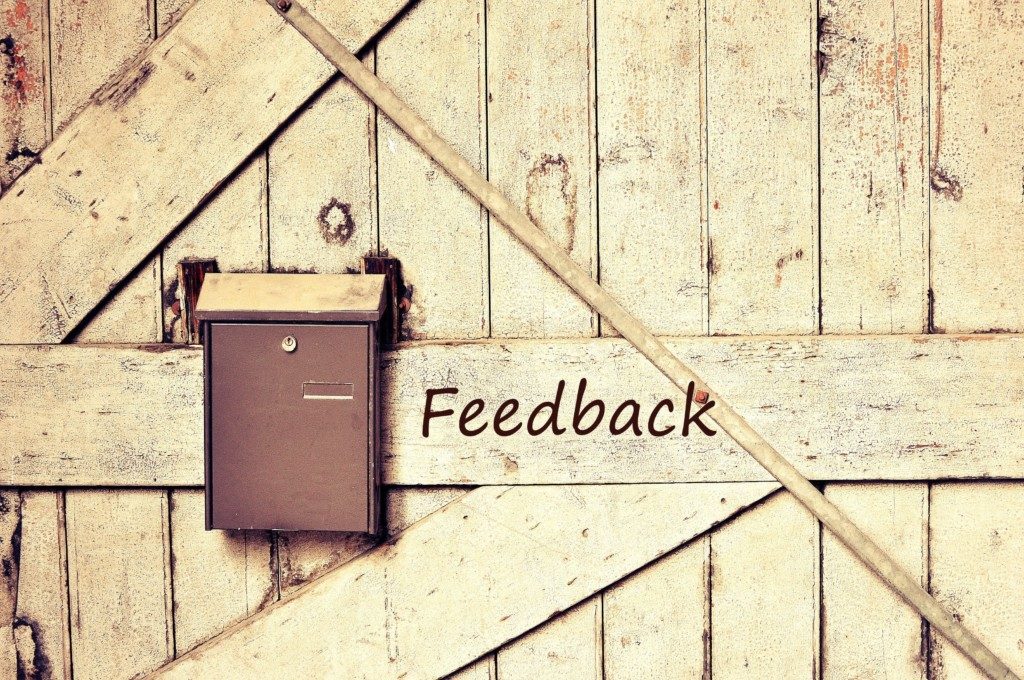I really didn’t intend to make two blog posts out of this subject, but since my post last November, I didn’t want to leave anyone hanging about what to do after you get your child’s ADHD diagnosis. It’s a lot and can be overwhelming, so here are some things we’ve done since our 10-year-old son’s diagnosis several months ago that I wanted to share.
Start (or continue) seeing a professional.
The psychologist (or therapist or whoever the person is that can help your child) can be a huge asset to your team. I mentioned in my last post how much I appreciate our Dr. B. She is so kind and our son is comfortable with her and opens up and shares his feelings. Sometimes it’s easier to do that with someone who is not your parent.
Do your research.
I’ve already read quite a few ADHD books, some given to me by friends and others recommended by the psychologist. Here are a few of them to get you started:
- Taking Charge of ADHD by Russell Barkley
- Kids, Parents and Power Struggles by Mary Sheedy Kurcinka
- The Explosive Child by Ross W. Greene
To keep everything organized, I have a notebook where I write down notes from the psychologist, school meetings with teachers, and notes from books I’m reading. I also created a Pinterest board where I save articles, tips, and other helpful information.
Determine which (if any) medicine is best for your child.
When our son got on medication last year, the first one we tried was just not a good fit. It left him extremely emotional in the afternoons when he would get home from school, which made afternoons and evenings at home hard on everyone. I let his pediatrician know, and she switched to a different one, and it’s worked so much better. You have to start at the lowest dose and work your way up until you can see a difference.
Meet with teachers and school administration.
With help from the sweet staff at our son’s school, we put in place a 504 plan for him. That is basically a paper trail. It lists all the recommended accommodations to help your child succeed and it will follow them from grade to grade. So, when he begins a new school year, his new teachers will already be aware of how to best help him.
Learn how to discipline effectively.
This has been extremely challenging at our house. Because in many instances, the child’s misbehavior doesn’t come with bad intentions. Kids with ADHD often have more tantrums and show defiance, along with low tolerance for frustrations. It basically comes down to poor self-regulation. Their impulsiveness can prevent them from remembering what they learned from past mistakes. As parents, we have to remember his behavior is caused by an actual disorder that interferes with his abilities.

Give positive feedback.
I read a statistic that said those with ADHD receive 20,000 more negative messages by age 12 than those without the condition. Even with the difficulties and challenges of ADHD, it comes with some great qualities too. Make sure to highlight these in your child whenever possible. They can include curiosity, uniqueness, great imagination, creativity, intelligence, great sense of humor, good negotiating skills, and that he (she) is never boring.
I’ve realized that the more I talk about it, the more people I find who have been down the road before, or are still on it. Although this process is not an easy one, just know you aren’t alone.












